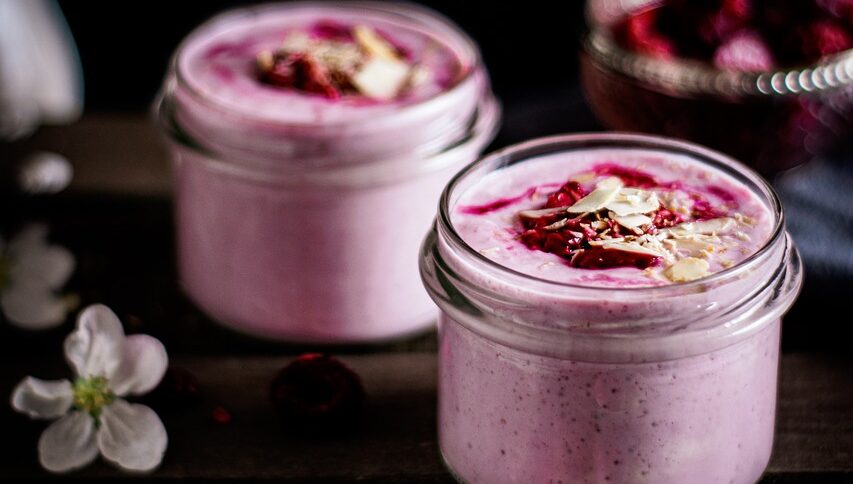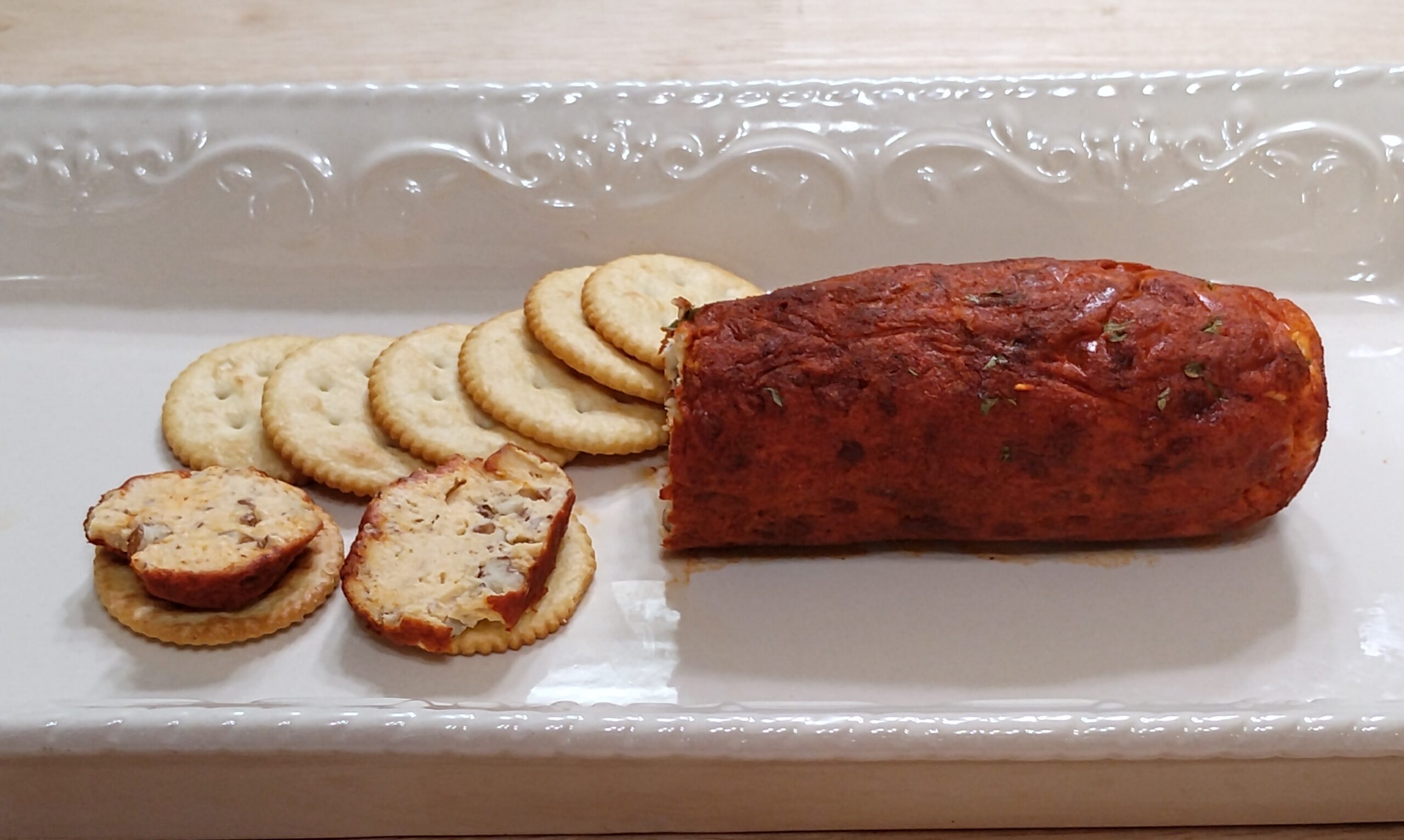Gut Health and How It Can Change Your Life
Hey sweet friend! Let’s talk about something that doesn’t always get the spotlight it deserves: your gut. Yep, I’m talking about that part of your body that handles all the delicious food you enjoy, but it’s so much more than just a place for digestion. A healthy gut can be a game-changer for your overall well-being, mood, and even your spiritual walk! So grab a cup of coffee (or tea), sit back, and let’s dive in.
What Exactly Is Gut Health?
When we talk about gut health, we’re really talking about the community of trillions of little microorganisms, like bacteria, that live in your digestive tract. Think of your gut like a bustling town filled with good guys (the friendly bacteria) and some not-so-good guys (the unfriendly ones). A healthy gut means the good guys are keeping the town in order, and everyone’s working together to keep you feeling your best.
Your gut includes not only your stomach, but also your small intestines and colon. And your “gut health” is determined by the health of your entire digestive tract, which also includes your mouth and esophagus. When you have poor dental hygiene, for example, it can cause bad bacteria in your mouth to move into your intestines, which can lead to digestive issues. So when we talk about gut health, we need to consider the full picture.

Why Gut Health Matters
Now, you might be wondering, “Why should I care about what’s happening in my gut?” Well, it turns out that your gut is connected to just about everything else in your body. It’s like the HQ for your health! If your gut is happy and functioning well, your body will feel it. But when your gut is struggling, you will see symptoms that may not seem like they are related to your gut, but they are intricately connected. Acne and rosacea, joint pain, weight gain, brain fog, wrinkles, thinning hair, and even losing muscle mass can be signs of an unhealthy gut.
Here’s how a happy gut can make a difference:
- Better Digestion and Nutrient Absorption Let’s start with the obvious. When your gut is in good shape, it can break down food properly, absorb nutrients, and get rid of what you don’t need. This means you’ll feel less bloated, less gassy, and more comfortable after meals. Plus, your body will be getting all those good nutrients it craves.
- Boosts Your Mood Did you know that your gut is sometimes called your “second brain”? That’s because it has a whole network of neurons and produces around 90% of your body’s serotonin—your happy hormone! So when your gut is healthy, you’re more likely to feel joyful, calm, and steady. No wonder the Bible tells us to take care of our bodies—they are temples, after all (1 Corinthians 6:19-20)!
- Strengthens Your Immune System Over 70% of your immune system lives in your gut. That’s right! If you’ve been catching every cold and bug that comes your way, your gut might need some TLC. A healthy gut helps your body fight off those nasty invaders, keeping you strong and ready to take on whatever comes your way.
- Supports a Clearer Mind Ever felt foggy or struggled to concentrate? Your gut could be part of the problem. When your gut is out of balance, it can send distress signals to your brain, making it harder to focus. But when everything is working well, your mind is clearer, and your thoughts are sharper.
What Causes an Unhealthy Gut
There are many causes, especially in modern America, for compromised gut health. Here are a few of the most common:
- Chlorine in the drinking water. Remember, it’s purpose is to kill bacteria, but it doesn’t discriminate between good and bad.
- RoundUp (glyphosate) and other pesticides on food we eat, and now also in our drinking water. Remember, it’s purpose is to kill living things.
- Pesticides Beyond Glyphosate – Various other chemicals used in agriculture, like atrazine and chlorpyrifos, can also affect gut health.
- Taking anti-biotics – The name itself means anti-life. They kill your gut flora. How many anti-biotics have you taken in your lifetime?
- High-Sugar Diets – Excessive sugar, especially from processed foods, can feed harmful gut bacteria, leading to an imbalance.
- Artificial Sweeteners – Things like aspartame and sucralose can disrupt the gut microbiome and even affect how your body processes glucose.
- Processed Foods – All those additives, preservatives, and emulsifiers found in packaged foods can mess with the delicate balance of gut bacteria.
- Stress – Chronic stress can wreak havoc on the gut, affecting everything from digestion to the balance of bacteria.
- Overuse of Hand Sanitizers and Antibacterial Soaps – They may kill off helpful bacteria, which impacts the microbiome.
- Environmental Toxins – Exposure to pollutants, heavy metals, and chemicals in household products can alter the gut environment.
- Lack of Physical Activity – Regular movement helps keep the gut motility in check and is linked to a healthier microbiome.
- Poor Sleep – Not getting enough rest or having irregular sleep patterns can negatively affect gut health.
- Frequent Use of Over-the-Counter Medications – Things like NSAIDs (ibuprofen, aspirin) and acid reducers can disrupt the gut lining and microbiome over time.
- Alcohol Consumption – Excessive drinking can harm the gut lining and kill off beneficial bacteria.
- Over-Sterilized Environments – We’ve gotten so clean that it’s affecting our exposure to diverse bacteria, which is essential for a robust microbiome.
- Food Allergies and Sensitivities – Consuming foods your body doesn’t tolerate well can lead to inflammation and disrupt the gut microbiome.
- Lack of Fiber – Despite my current health situation and beliefs about the necessity of fiber, especially in large quantities, it is an assertion among many medical professionals that diets low in whole fruits, veggies, and grains can deprive the gut of prebiotics, which are necessary for healthy gut flora. Keep in mind, that if you have a healthy, functioning gastrointestinal tract, then prebiotic fiber is a good thing.

How to Nurture a Healthy Gut
Okay, now that we know why gut health is so important, let’s chat about some simple ways to show your gut some love: I’m going to omit some common recommendations that you hear a lot of doctors make. I am certainly not a doctor, and take anything I say as coming from someone who is not an MD, but I encourage you to do your own research. At this time in my journey, I am not going to recommend fiber. Fiber leads to gas for many people, and gas can be linked the formation of diverticulosis and potentially, eventually, a perforated bowel. That is what recently landed me in the hospital with sepsis. I was extremely lucky. It was caught very early. But I am still facing a surgery in my future, and if I choose not to get it, I risk a much worse case of sepsis that could end in emergency surgery and an ostomy bag for life, or worse, death. So for now, I’m taking fiber off the plate. If your gut is not healthy, I would use caution when consuming fiber. In addition, while I have been nursing my damaged colon back to health, the recommendation from my doctor himself is to AVOID FIBER. It is bad for a healing colon. Then why in the world would I go back to eating fiber once I’m finally healed??? The logic just isn’t there. ESPECIALLY given the fact that I already have diverticulosis, and have already had a perforated colon which leaked gas bubbles into my abdomen! But let me say this….Once my gut is healed, and full of healthy and flourishing good bacteria the way God meant for it to be, I will likely, slowly, reincorporate some prebiotic fiber into my diet to feed those healthy microbes so they stick around and stay strong. Always keep in mind that I am on a journey, and I will likely change my beliefs surrounding what I should be eating depending on the latest research and current struggles I am facing. I encourage you to always do what you feel is best for you at your particular stage in your journey. Everyone is different, and everyone has their own specific circumstances and causes for whatever health situation they are in.
The second thing I will not recommend is “eating the rainbow.” First, that could lead to consuming a lot of fiber, as well as a lot of sugar. Modern fruits have been hybridized to be sweeter with less fiber. Your body processes sugar from fruit in the same way it processes cane sugar, and too much of either is not good. Secondly, there is emerging research on the health benefits of a carnivore diet for some people. I did well while I was on a carnivore diet, as it was much easier on my digestive system. For that reason, I just can’t recommend something that may have caused me harm at this point in my journey. I’m not saying that carnivore is the right choice for everyone. I’m just saying I can only tell you my experience. For me, while my gut is struggling, meats treat me the best, especially as I am trying to consume plenty of protein for my body to heal. Perhaps when my gut is healthy again, I will be able to consume a wider variety of foods.
Okay, okay, I’m climbing down off of my soap box for now. And now that you know what I don’t personally recommend, here is what I do recommend for a healthy gut.
- Incorporate Fermented Foods Fermented foods, like yogurt, kefir, sauerkraut, kimchi, and kombucha, are packed with probiotics—those good bacteria we want more of. Eating these regularly can help keep your gut balanced. (I have recently started making some super charged probiotic yogurt, and will be sharing more on that later!)
- Hydrate, Hydrate, Hydrate Water helps your gut digest food, absorb nutrients, and maintain balance. So drink up, friend! Make sure you’re sipping throughout the day to keep everything running smoothly.
- Manage Stress Stress can wreak havoc on your gut. But God didn’t design us to live in a constant state of worry (Philippians 4:6-7). Take time for prayer, deep breathing, or a walk outside to help calm your mind and support your gut.
- Minimize Harm Refer to the list above, and make as many changes as you can to minimize exposure. Filter your water, don’t use RoundUp, etc.
Let Your Gut Health Reflect Your Faith
Taking care of your gut isn’t just about feeling good; it’s about honoring the body God has given you. When we nourish ourselves well, we can serve Him better. So, if you’ve been feeling a little off lately—maybe tired, moody, or foggy—consider giving your gut a little extra attention. It might just be the life-changer you’ve been praying for.

Small Steps Lead to Big Changes
Improving your gut health doesn’t have to be overwhelming. Start by making one or two small changes, like adding a probiotic food to your diet or taking a few minutes each day to unwind. I can’t stress enough the importance of getting good bacteria into your digestive system! The easiest way to do this is to get some Greek yogurt. Make sure it has live active cultures. Don’t get the kind with added sugars. You can add fruit or honey to it to make it taste better, or you can just add it to your protein smoothie. Little by little, you’ll notice the difference, and before you know it, you’ll be feeling lighter, brighter, and more in tune with the person God created you to be.
So, let’s raise our (kombucha) glasses to a happier, healthier gut—and to the beautiful life God has in store for you when you feel your best! Cheers, friend!



